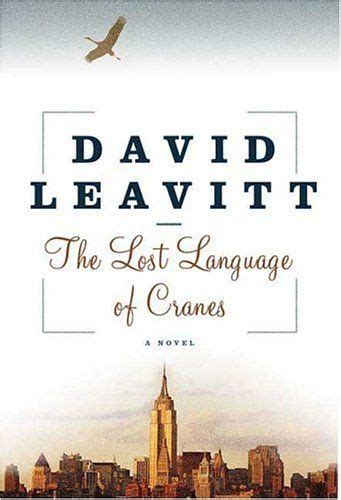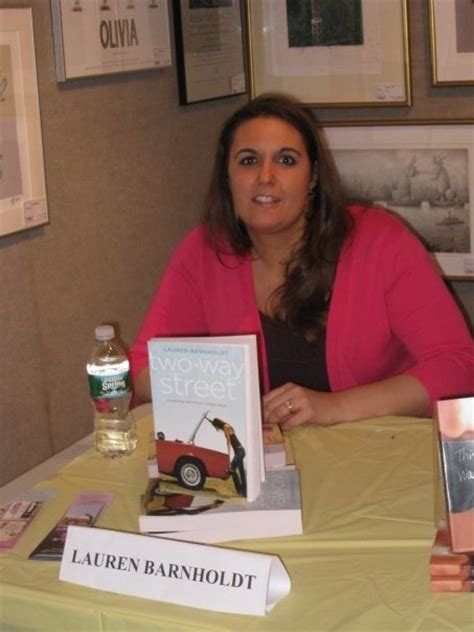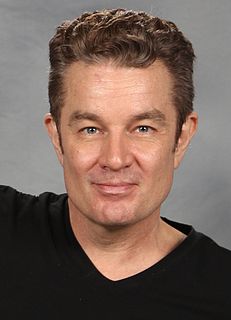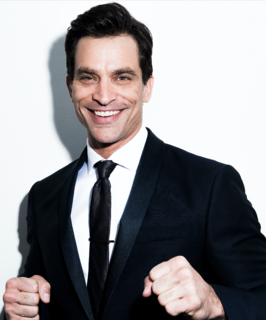A Quote by Edmund White
In a memoir, your main contract with the reader is to tell the truth, no matter how bizarre.
Related Quotes
When I was writing the memoir, every page was a battle with myself because I knew I had to tell the truth. That's what the memoir form demands. I also had to figure out how much of the truth do I tell, how do I make the truth as balanced as I possibly can? How do I make these people as complicated and as human and as unique and as multifaceted as I possibly can? For me, that was the way I attempted to counteract some of that criticism.
Right now in American writing there is no genre as exciting as memoir - the writer can do anything, as long as it works. It's like the 1920s up in this joint. So, I'd say, experiment with how you tell the story. In the best memoir it's not the what, it's how the writer tells the what - meaning and effect through form.
The courts are run on COMMERCIAL CONTRACT LAW and that is has NOTHING to do with any IN-LAW procedures whatsoever. So the nature of the game is to OBTAIN a CONTRACT with your OPPONENT (Adversary) so that the court can acknowledge and RATIFY the contract and SETTLE and CLOSE the case and move on and if you understand that EVERYTHING in there is happening by way of CONTRACTS instead of trying to get the truth out then MAYBE you'll get the truth to prevail by following the CORRECT procedure to get them to acknowledge the truth by CONTRACTUAL CONSENT.
How forthright does the audience want the broadcasters to be? Because when you tell your truth, there's a lot of anger that comes out. I think it's a good question to ask TV people [executives] too. How much truth do they want to be told? How much truth does the league want told? Because the truth isn't just a positive truth. If you're going to tell the truth, you would be telling a lot of positive and some negative.







































